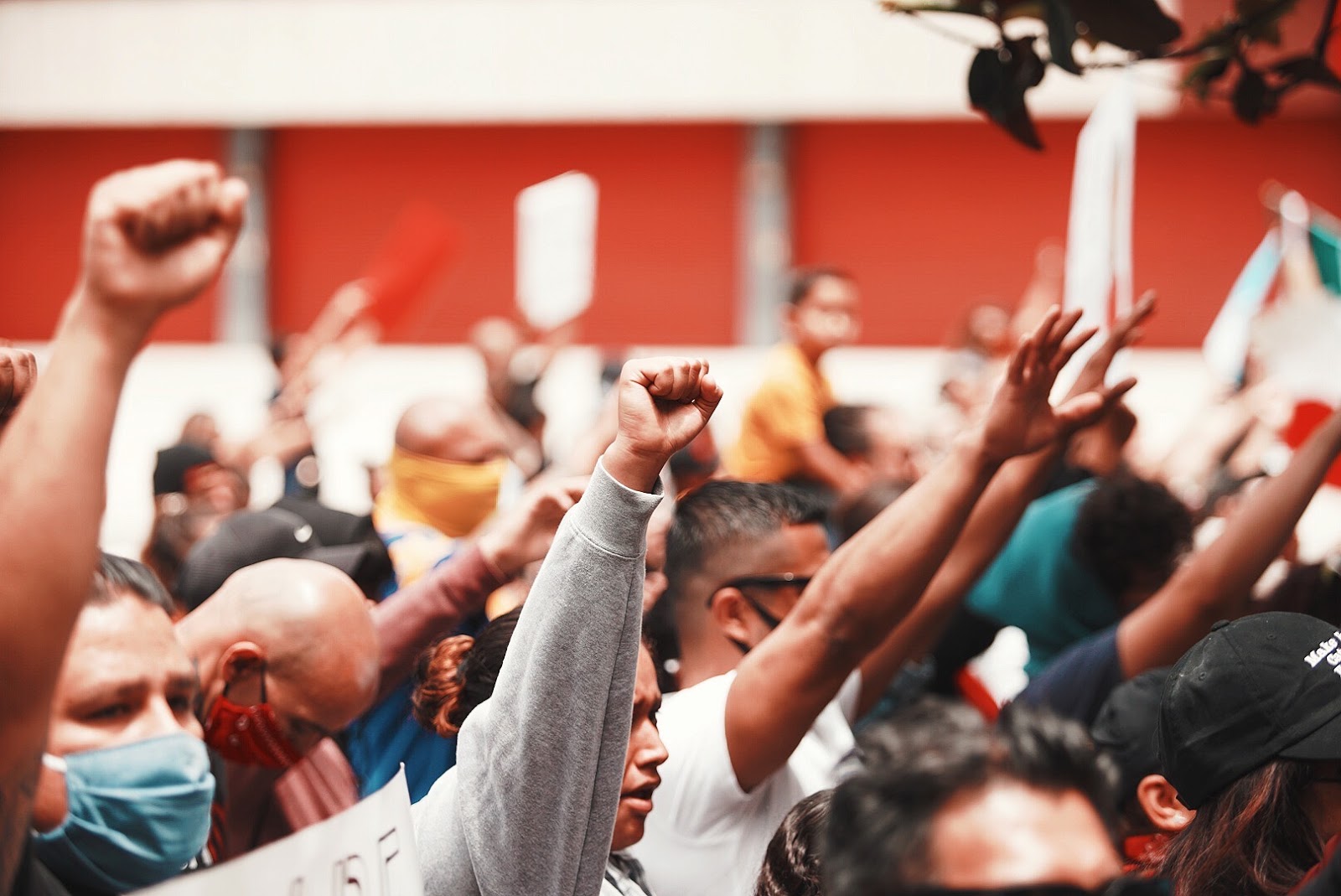Local DACA Recipients Relieved by Supreme Court Decision, but Concerned for the Future
4 minute readWhen the Deferred Action for Childhood Arrivals policy was first announced in 2012, then-high school student Karen Patron felt hesitant to celebrate. She was scared about giving her information to the government, fearing she could have been marking herself for deportation.
Eight years later, the U.S. Supreme Court has reaffirmed the program by rejecting the Trump administration’s attempt to end it. Yet, Patron, a Long Beach resident, and many others are still struggling to feel total relief.
“DACA is…kind of like a permission slip. You have permission to stay on this land. You have permission to work. You have permission to be able to get some money to help your family,” said Patron, who first applied while preparing to go to college. “It’s just a temporary solution to a larger problem that we keep either making larger or dismissing completely.”
The DACA program provides employment authorization and protection from deportation for two years to immigrants who arrived in the U.S. as children.
The court ruled that the administration violated the Administrative Procedure Act, had not provided a “reasoned explanation” for ending DACA, and was “arbitrary and capricious.”
Now, DACA recipients are calling for stronger reforms that protect more people as President Donald Trump announced his intention to reattempt to end the program by submitting “enhanced papers” that will comply with the court’s ruling.
The problem Patron refers to is that millions of the country’s immigrant population do not have the same access to work permits and deportation protection that nearly 700,000 DACA recipients receive.
Only immigrants born on or after June 16, 1981 were eligible for DACA. Thus many recipients could be left without their parents or other relatives. Additionally, immigrants who do not meet DACA’s eligibility requirements, or were never previously granted DACA, are left out of the program.
Meanwhile, the work permit afforded by DACA has had a lasting impact on those who qualified. Losing that protection and becoming more susceptible to deportation, has been a source of great anxiety and fear.
“I’m pretty strong myself but still, all of this, it messes with you… It really does a lot of harm to our community,” said Lidieth Arevalo, a local activist and filmmaker who applied for DACA in 2012.
Tomisin Oluwole
Ode to Pink II, 2020
Acrylic and marker on paper
14 x 22 inches
Click here to check out our interview with Tomisin Oluwole, a a literary and visual artist based in Long Beach.

Instead of gunking up our site with ads, we use this space to display and promote the work of local artists.
Arevalo called the Trump administration’s failed attempt to end the program “plain evil” and derided what felt like elected officials playing with people’s lives for political gain.
“I definitely felt relief and peace of mind. Because honestly, I was expecting the worst,” Arevalo said. “I’m happy for that but… we shouldn’t have been in this situation in the first place.”
She feared the Supreme Court would rule in Trump’s favor—and she wasn’t alone. Maria Gudino feared that everything she has worked for could be gone.
“I have a good credit [score] right now, and knowing the fact that if DACA were to expire our social security numbers would no longer be valid… everything we worked for up to this point technically is for nothing,” Gudino said.
Gudino was a student at Long Beach City College when she first heard of DACA. She applied when the program first became available and said it opened a lot of doors for her, such as having a social security number that allowed her to accept a steady job. It has had a similar impact on Arevalo, Patron, and many others.
According to an economic impact report by the U.S. House Committee on Small Business, over 90% of DACA recipients both under and over the age of 25 are employed, and $460 billion in economic output could be lost over a decade if the program was repealed.
But DACA’s impact goes beyond the economic. The policy’s limitations —particularly the threat facing those left unprotected from deportation have inspired many to demand that government officials take action to provide paths to citizenship or pass protections for all immigrants.
“Do I have to do the work? That’s something I’m thinking about,” Patron said. “Should I get a couple of people who are all in the same boat as me and do the work for them at this point? Because they’re just not listening to us. They don’t care.”
Like many DACA recipients, Gudino anticipated that the president would reattempt to end the program.
“We just know that this is a fight that is going to be continued,” Gudino said. “So we have to keep fighting for it.”


 comar@yli.org
comar@yli.org @carlosbromar
@carlosbromar




